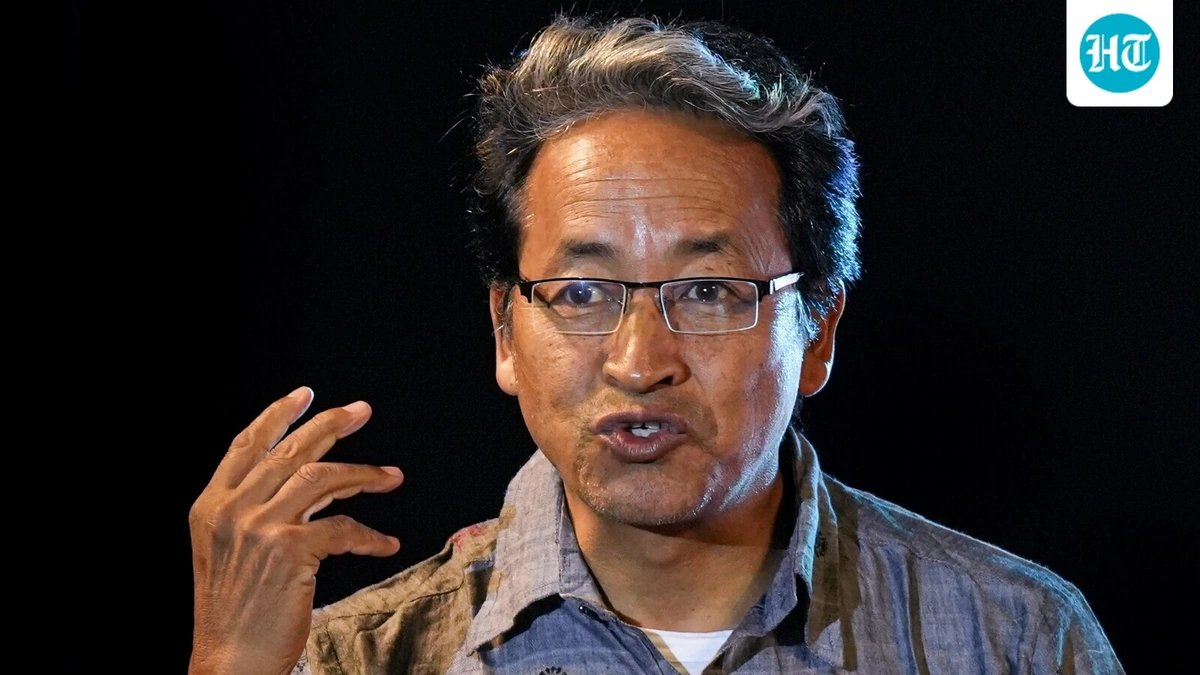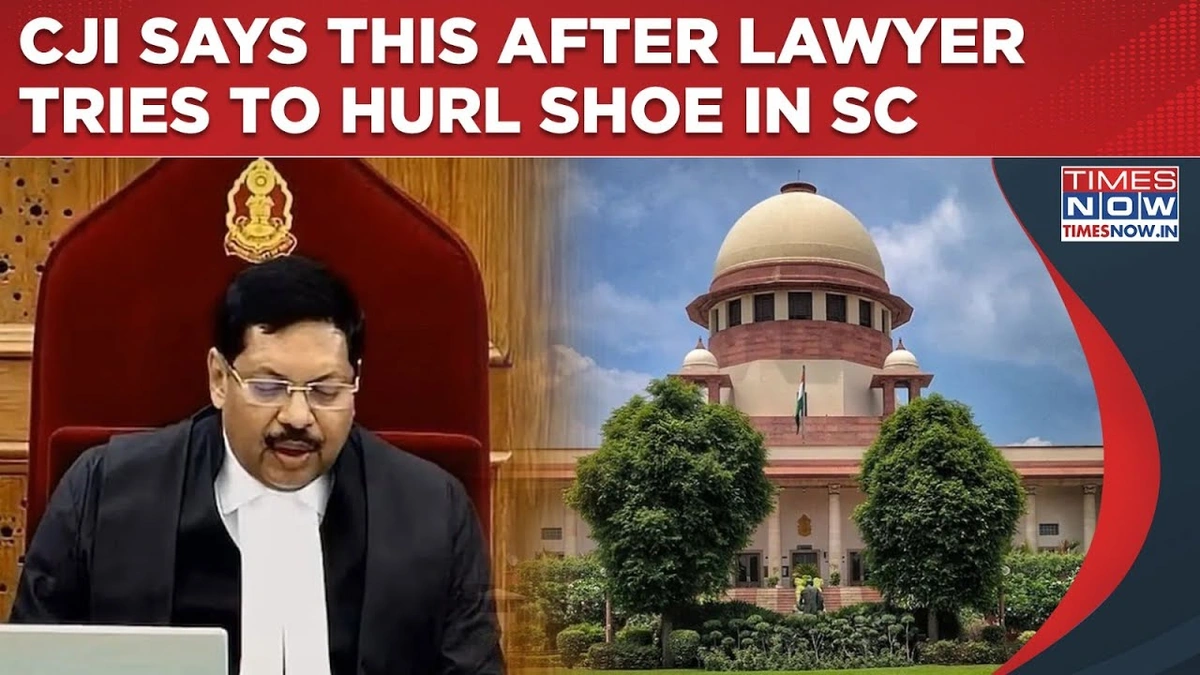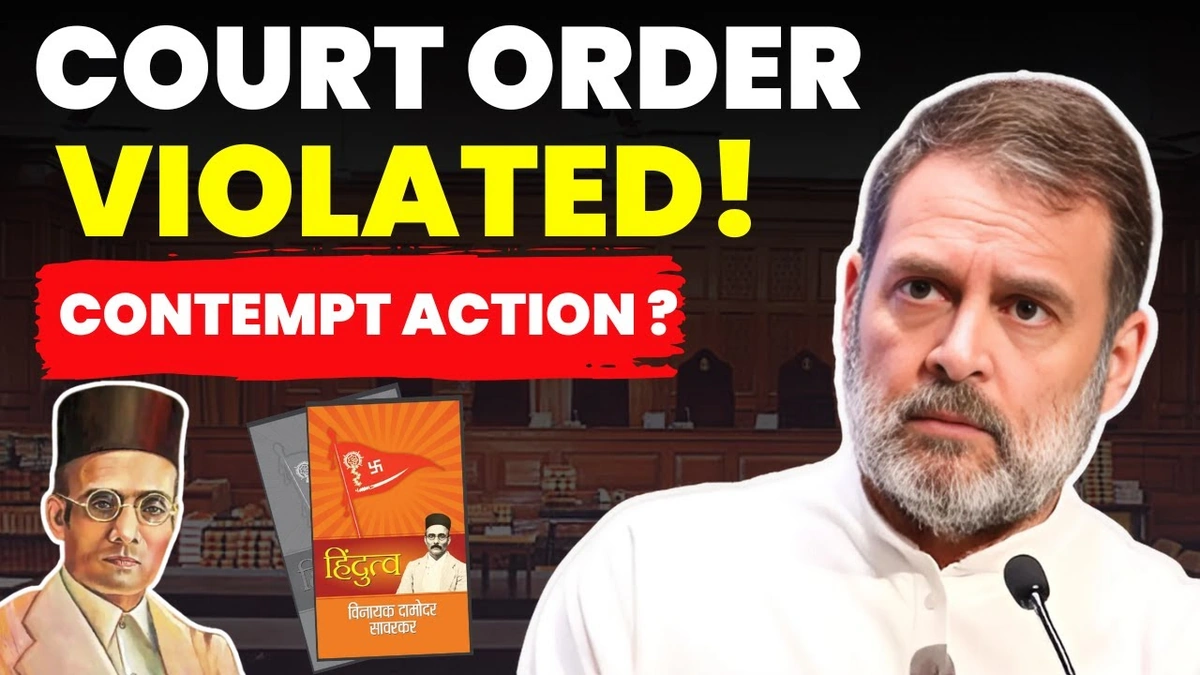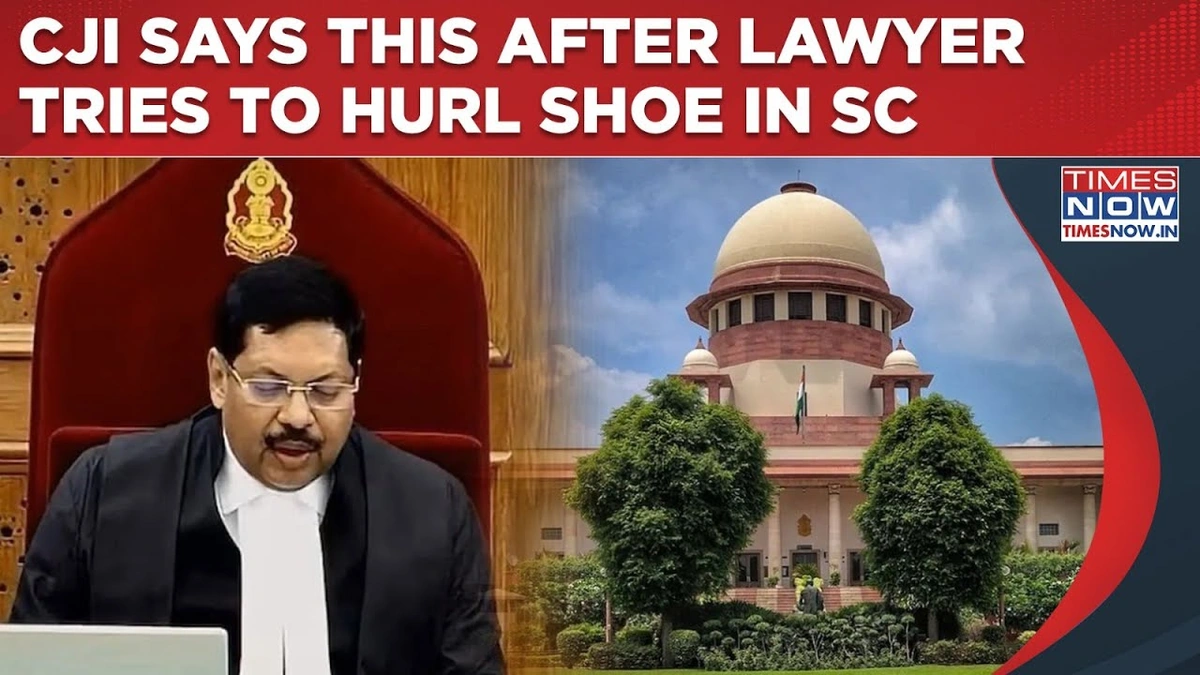Supreme Court Requests Response on Sonam Wangchuk’s NSA Detention Plea
Here’s the thing: when the Supreme Court gets involved, you know something significant is brewing. In this case, it’s the plea regarding Sonam Wangchuk’s detention under the National Security Act (NSA). But what does it all mean? Why should someone sitting in Chennai or Kolkata care about something happening in Ladakh? Let’s dive deep, beyond the headlines, and unpack the layers of this story.
Why Sonam Wangchuk’s Detention Matters | More Than Just a Headline

So, what’s the big deal? Why is a plea regarding Sonam Wangchuk even reaching the Supreme Court? It boils down to this: Wangchuk isn’t just some random person. He’s an innovator, an educator, and an environmental activist known globally. His work focuses on sustainable development and education reform in the Himalayan region, which overlaps with critical geopolitical interests. His detention, especially under a stringent law like the NSA, raises serious questions about freedom of speech and the government’s handling of dissent. This isn’t just about one person; it potentially sets a precedent. Now , the Ladakh climate activist has become the talk of the town.
I initially thought this was a straightforward case of someone speaking out and facing the consequences. But then I realized the deeper implications. The use of the NSA, typically reserved for serious threats to national security, against someone known for peaceful activism seems disproportionate. This is where the ‘why’ becomes crucial. Is it about silencing dissent? Is it about sending a message to others who might challenge the status quo? According to reports, the NSA detention order came after Wangchuk delivered speeches critical of the local administration’s handling of land and environmental issues in Ladakh. These speeches, while critical, hardly seem to constitute a threat to national security – at least, that’s what my gut tells me, and it’s a sentiment echoed by many legal experts. But, the million-dollar question remains: Why?
The Core Concerns | Freedom of Speech and Dissent
Let’s be honest, India has a vibrant tradition of free speech, albeit one that’s been increasingly tested in recent years. The use of laws like the NSA against activists and journalists raises eyebrows and invites scrutiny from international bodies. The central issue is this: where do you draw the line between legitimate criticism and threats to national security? A healthy democracy needs open dialogue and the ability to question authority without fear of reprisal. And, this is where the role of the Supreme Court becomes critical.
The Supreme Court’s decision to seek a response from the government is a positive sign. It indicates that the court is taking the matter seriously and is willing to examine the legality and justification of Wangchuk’s detention. As per the guidelines, the court will likely assess whether the detention order was based on credible evidence and whether due process was followed. What fascinates me is how the court will balance the government’s need to maintain order with the fundamental rights of citizens to express their views. This case could have far-reaching consequences for the future of free speech in India. Do you think Sonam Wangchuk’s arrest was justified?
Digging Deeper | The Context of Ladakh
Ladakh is not just a beautiful tourist destination; it’s a strategically important region bordering China and Pakistan. Any instability or unrest in the region has the potential to be exploited by external forces. This is, perhaps, the government’s rationale for taking a tough stance on dissent. However, silencing legitimate grievances can also backfire, leading to greater resentment and alienation among the local population. The situation in Ladakh is further complicated by the region’s unique environmental challenges. Climate change is having a disproportionate impact on the Himalayas, threatening the livelihoods of local communities and creating new tensions over resources. Wangchuk’s activism, which focuses on sustainable solutions to these challenges, is therefore not just about environmental protection; it’s also about ensuring the long-term stability and security of the region. You see, understanding the regional context is necessary to understand the case of Sonam Wangchuk under NSA.
What Happens Next? The Supreme Court’s Crucial Role
So, what’s next? The Supreme Court has requested a response from the government. This is the first step in a potentially long legal battle. The court will likely examine the evidence presented by both sides and assess whether the detention order was justified. It could order Wangchuk’s release if it finds that the detention was illegal or that his fundamental rights were violated. The court’s decision will have a significant impact not only on Wangchuk’s case but also on the broader issue of free speech and dissent in India. Remember, the burden of proof rests on the government to demonstrate that the detention was justified under the law.
And, that’s why this case is not just about environmental activism in Ladakh , it’s about the very fabric of our democracy. It’s a reminder that the price of freedom is eternal vigilance and that we must always be prepared to defend our fundamental rights. I initially thought this was straightforward, but then I realized that it is a very complex situation. The Supreme Court’s involvement offers a glimmer of hope amidst growing concerns about the suppression of dissent. Only time will tell how this unfolds. For now, let’s keep an eye on developments and advocate for a fair and just resolution.
This situation reminds me a little bit of the Satyendar Jain case , where the courts also had to weigh in on issues of individual liberty versus governmental action.
The Broader Implications | A Warning Sign?
Let’s consider the bigger picture. Wangchuk’s detention isn’t an isolated incident. There’s a growing trend of using laws like the NSA and sedition laws to silence critics of the government. This has a chilling effect on free speech and creates an atmosphere of fear and self-censorship. It also undermines India’s image as a vibrant and open democracy. What’s fascinating is how this plays out on the international stage. Global organizations and human rights groups are watching closely. Any perceived erosion of democratic values in India could have consequences for its standing in the world. Also, remember that Azim Premji , like Wangchuk, is a respected figure who has spoken out on issues of public concern. His voice, and Wangchuk’s, are important for a healthy society.
What’s at stake here? Nothing less than the future of democracy in India. So, keep an eye on this case. It matters. Also, what is the opinion of Ladakh’s local administration on this case?
FAQ Section
Frequently Asked Questions
What exactly is the National Security Act (NSA)?
The NSA is a law that allows the government to detain individuals deemed a threat to national security or public order for extended periods without trial.
Why was Sonam Wangchuk detained under the NSA?
Reports suggest it was due to speeches critical of the local administration’s handling of land and environmental issues in Ladakh.
What role will the Supreme Court play in this case?
The Supreme Court will review the legality and justification of Wangchuk’s detention and ensure due process was followed.
What are the broader implications of this case for India?
It raises concerns about freedom of speech and the government’s handling of dissent, potentially impacting India’s democratic values.
Where can I find official information on this case?
Follow reputable news sources and check the Supreme Court’s website for updates on the proceedings. Also, make sure you check the reports from the press trust of India.
How can I get involved or show my support?
Stay informed, engage in constructive dialogue, and support organizations advocating for free speech and human rights.













